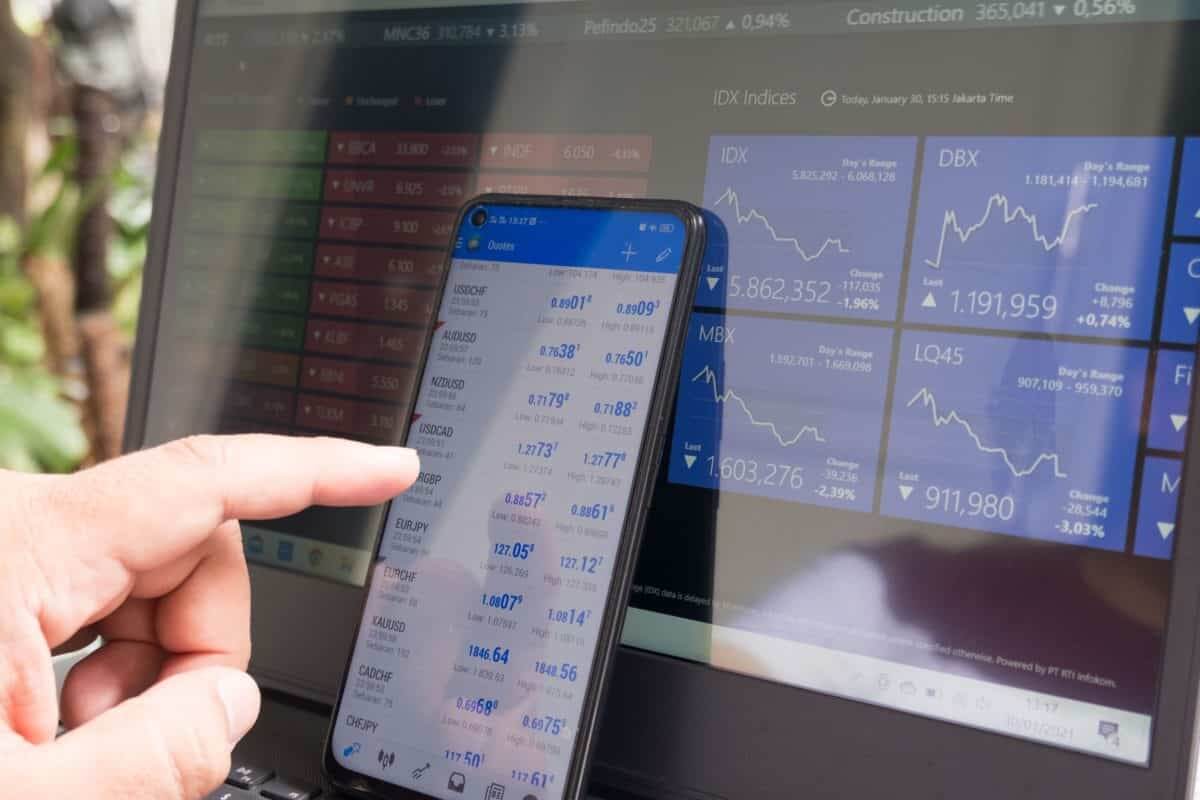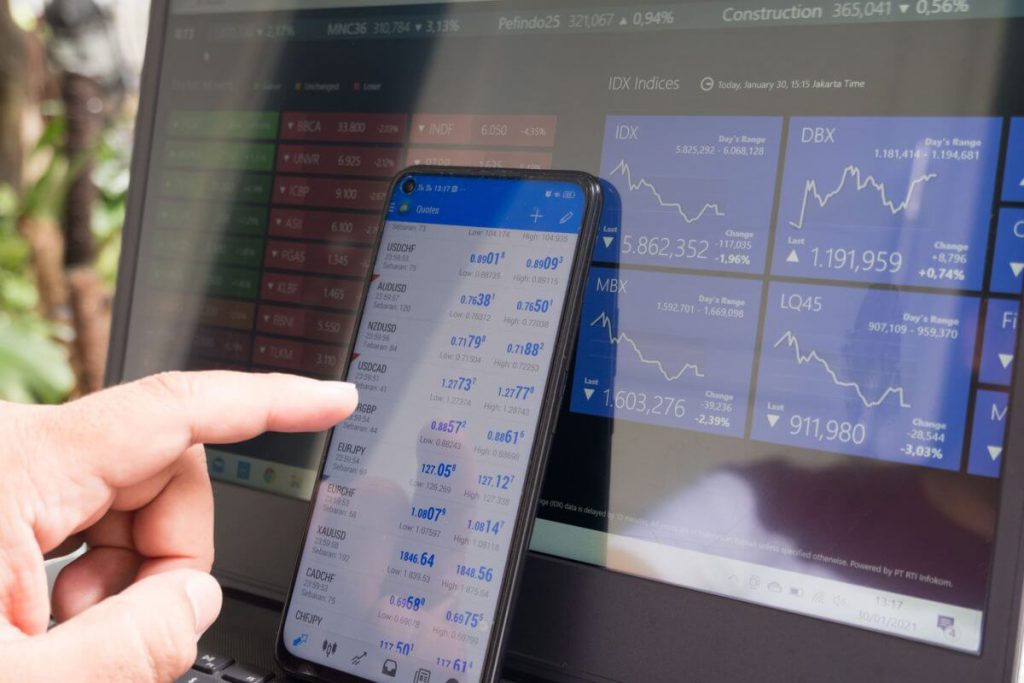
European Stock Futures Are Rising, Despite Fears of A Recession
European stock markets will likely increase on Tuesday, following a violent selloff last week. Still, fears persist that aggressive central bank rate rises to combat inflation might trigger a worldwide recession.
The DAX futures contract in Germany was up 0.7 percent at 2 a.m. ET (0600 GMT), the CAC 40 futures contract in France was up 0.5 percent; the FTSE 100 futures contract in the United Kingdom was up 0.4 percent. Investors are looking for bargains after last week’s hefty losses as several global central banks tightened policies. The main European indices should maintain Monday’s gains of around 1% as investors look for bargains in the wake of last week’s hefty losses as many global central banks tightened monetary policies to control the inflation.
How Big of a Rate Hike Is Coming?
The Federal Reserve of the United States raised interest rates by 75 basis points, the greatest rise since 1994; the Swiss National Bank unexpectedly raised rates by 50 basis points. The Bank of England raised rates for the sixth time in a row by 25 basis points.
In addition, European Central Bank President Christine Lagarde reiterated the central bank’s commitment to hiking interest rates in July and September on Monday; this indicated that policymakers still want to combat inflation despite the recent volatility in the Eurozone bond markets. According to the Weil European Distress Index, rising inflation and increased borrowing rates to tackle it have led to the highest levels of corporate distress in Germany, the United Kingdom, France, Spain, and Italy since August 2020.
Investors will observe France’s political situation after the weekend elections resulted in a hung parliament. Later Tuesday, President Emmanuel Macron will call all political groups capable of forming a bloc in the next parliament to discuss; with political paralysis conceivable if talks fail.
The European Commission proposed last week that Ukraine be awarded candidate status for entering the union; hence, the European Union should complete the specifics of a 9-billion-euro funding package for the war-torn country in the coming days.


